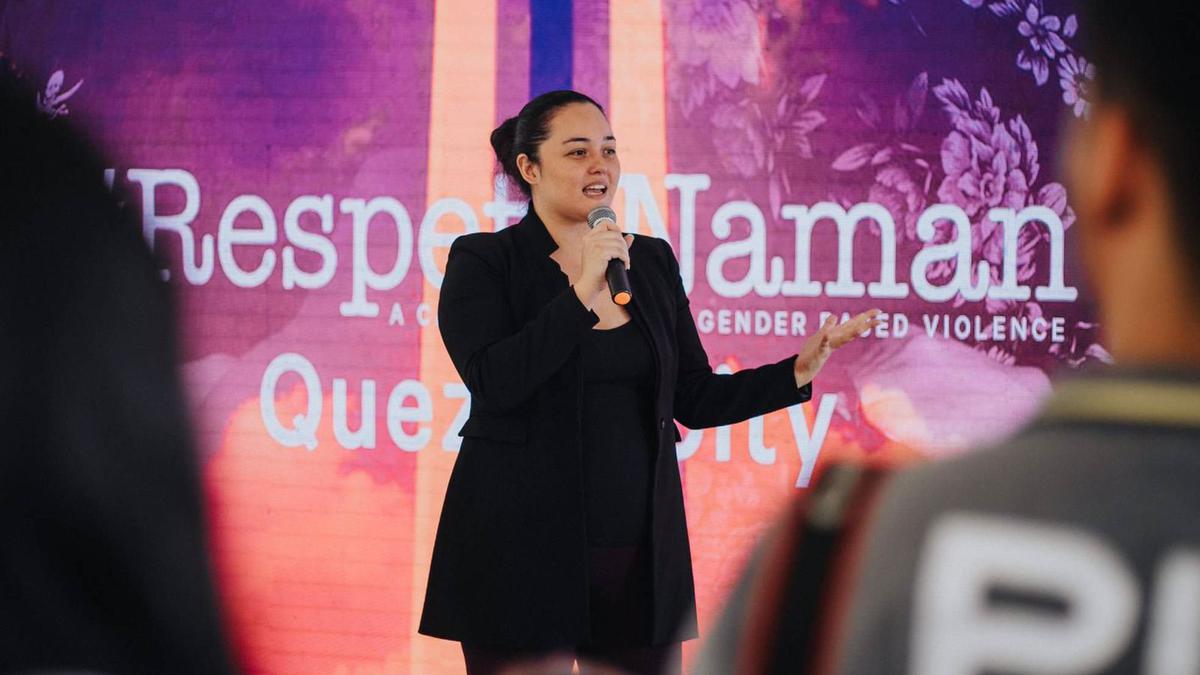There are a wide range of temple cuisines, but what holds a dear place in the hearts of most people is the temple prasadam. The panchamirtham given at Sri Dhandayuthapani Swamy Temple at Palani in Dindigul district is a crowd favourite. It was the first temple prasadam in the State to have bagged the Geographical Indication (GI) tag in 2019.
The secret of this unique taste in every batch lies in blending the five main ingredients — banana, country-sugar, ghee, honey and cardamom — in the precise ratio, says S. Satish, superintendent at the temple kitchen at Adivaram. The current kitchen where the prasadam is made was established in 2008 and expanded in 2010.
It is an ‘abhishega prasadam’: the religious food offering made to the presiding deity, Lord Dhandayuthapani Swamy. Every day, around 500 grams of panchamirtham is used in the abhishegam to the Utsavar (the processional deity).
According to the application for obtaining the GI tag, panchamirtham came into being in the 9th Century AD when Chera king Cheraman Peruman established the temple. References to the prasadam were found even in the pieces of Tamil literature such as Nakkeerar’s Thirumurugattrupadai and Arunagirinathar’s Thiruppugazh and in songs written by Pamban Swamigal.
Legend says hill banana and honey, which are found in abundance in the mountainous region near Palani
and which were offered by devotees, were used to make the prasadam.
To make a set, comprising 1,020 pet jars and 1,060 aluminium cans of panchamirtham, the kitchen needs 288 kg of country-sugar, 152 kg of peeled banana, 6 kg of ghee, 2 kg of honey and 0.50 kg of cardamom as well as 25 kg of dates and 15 kg of diamond sugar candy. One of the primary ingredients, country-sugar, also called ‘ naatu sakkarai’, is procured every week from the regulated market at Kavindapadi in Erode district. The Devasthanam had procured from this market for over 25 years; the purchase resumed after a gap of six years in 2020.
‘Unmatchable taste’
“The country-sugar from Kavindapadi is unmatchable in taste and quality. A professor from the Department of Chemistry at Arulmigu Palani Dhandayuthapani Swamy Arts and Science College for Women, armed with testing equipment, accompanies senior temple kitchen cooks and staff members, who purchase the best lot from the sugar cane farmers,” explains Mr. Satish.
The kitchen procures 1,500 bags to 2,000 bags of 60 kg each every week. The number goes up to 3,500 kg to 4,000 kg during festivals and peak seasons, especially during the Sabarimala pilgrimage season. The kitchen needs 5 tonnes of Karpooravalli banana every day. When the seasonal sales pick up, 15 to 20 tonnes will be carted away from markets every two days.
The big heaps of raw bananas — that will organically ripen in 2-3 days — are stored in a godown not far away from the main kitchen. Women peel the ripe bananas and put them in cans. Through a small elevator, they are dropped in a grinder. The bananas are then smashed in a mixer and added to the ingredients, including dates, cardamom and sugar candy, called ‘karkandu’, in an automated production, in the kitchen. Naatu sakkarai is sieved manually. Once they are blended for five minutes, naatu sakkarai is added to the gooey paste, followed by honey and ghee. The mixture is boiled for 45 minutes to achieve the right consistency of a semi-solid state without any preservatives or artificial additives.
The other side of the kitchen comprises the packaging section where plastic pet jars and aluminium cans come filled with half-a-kg of panchamirtham, labelled and printed with the dates of packaging and expiry. The facility to print the details was launched in 2018. The prasadam tastes best within 15 days from the date of packaging, say officials.
Women and men then work in coordination to close the jar lids and seal the cans, a process that will also soon be automated, says the supervisor. Arranged in big baskets, the packed prasadham will be stacked on shelves at the retail outlets at Adivaram run by the temple administration, only to sell out like hot cakes!
M. Raja, who has been working in the kitchen for 15 years, says the prasadam was largely made manually at the kitchen atop the hill. “But the growing love for it required automation to make large quantities and the kitchen was moved to Adivaram…,” he adds.
On normal days, 40 persons are involved in its production, and on festival days, 80 to 100 persons.
Apart from being sold in pet jars and tin cans for ₹35 and ₹40 respectively, around 12,000 devotees make a bee-line every day atop the hill temple after dharshan for the prasadam, which is served free in palm leaf dhonnais. During normal days, 11 retail sales counters cater for the eager devotees. However, during festive seasons, at least seven additional counters would be opened, says temple officials.
The kitchen whips up 20,000 to 30,000 jars and tins of panchamirtham a day off season. During seasons, the number can touch even 1 lakh-1.25 lakh jars and tins a day, with the kitchen working three shifts. To ensure hygiene and safety of the prasadam, the temple has obtained BHOG (Blissful Hygienic Offering to God) certification from the Food Safety and Standards Authority of India.
Door-delivery
The temple administration also door-delivers the prasadam by tying up with India Post. The booking can be made at post offices across the country for ₹250 as well as on the official website of the temple. There is no upper limit. And a kit, comprising 500 gm of panchamirtham, 10 gm of vibhuti and the picture of the presiding deity, would be delivered through Speed Post. There are more takers for this service in Tamil Nadu, Kerala and Karnataka, says Joint Commissioner N. Natarajan.
The annual gross income to the temple through the sales of prasadam totals ₹35 crore-₹40 crore. The temple earns ₹1 crore-₹3 crore during off-seasons and ₹6 crore-₹8 crore during peak seasons, including the Tamil months of Karthigai, Margazhi, Thai and Panguni, he adds. “Yet, the profit margin has been kept at the bare minimum, which is almost equal to the cost of production, to ensure that quality prasadam is served,” Mr. Natarajan says.




